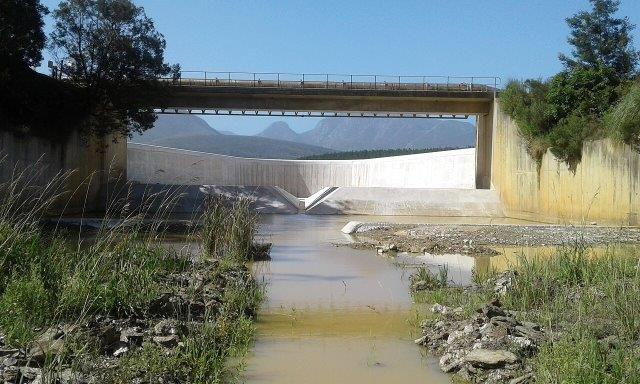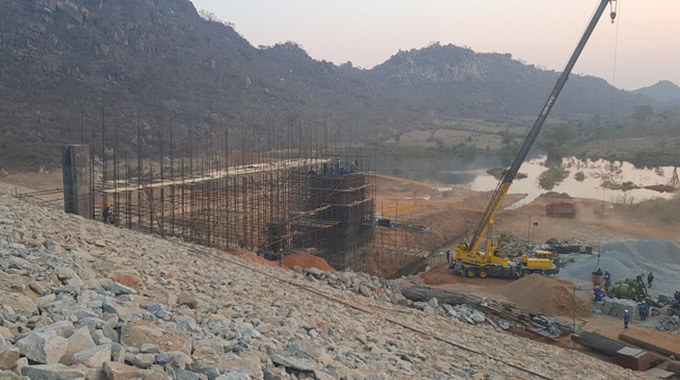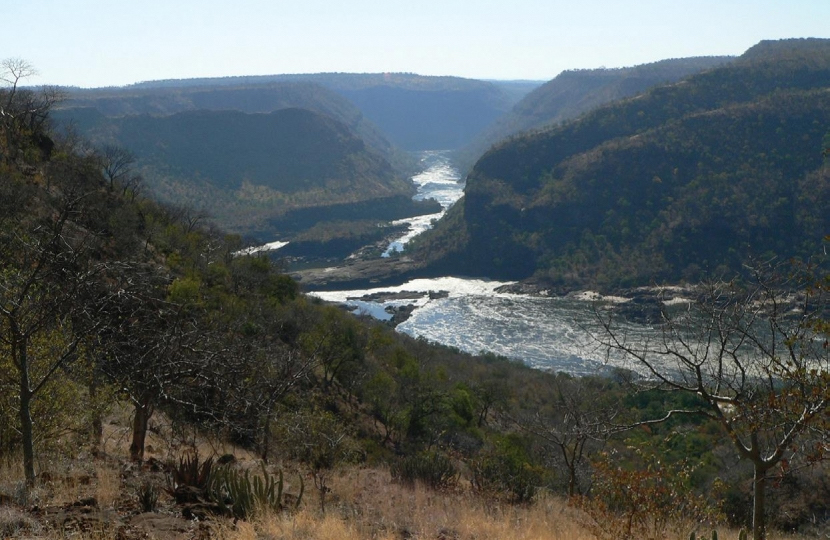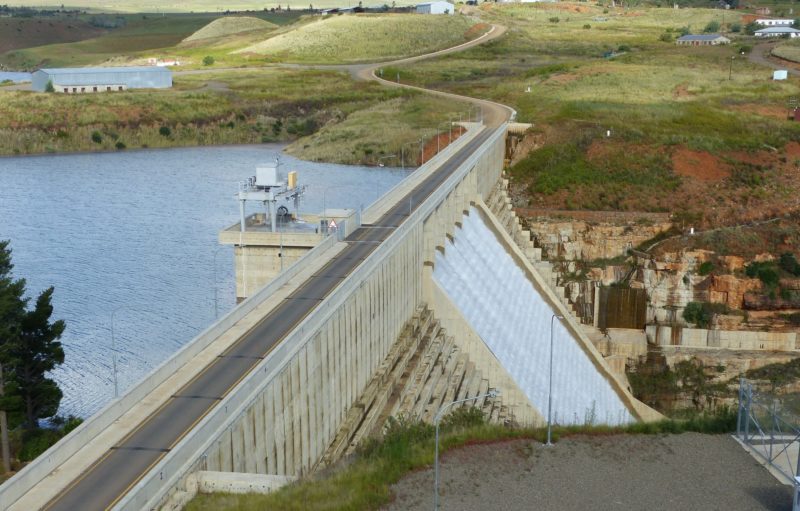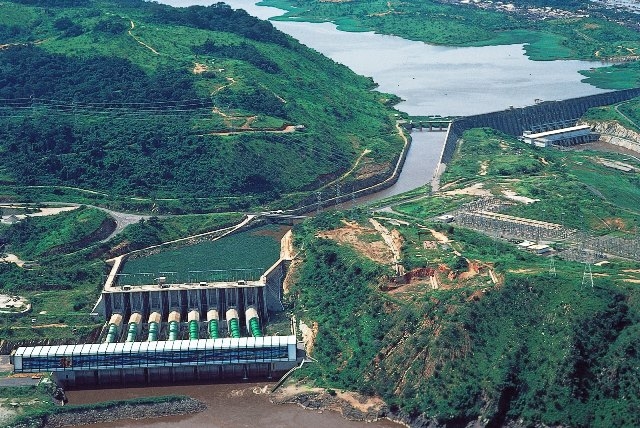

The Democratic Republic of Congo, DRC will in the coming years see its energy output significantly boosted when the 11,000-MW Inga III Hydro-electric Dam on River Congo comes on stream. A contract for its construction was signed on October 16, 2018 between the DRC government and consortiums of Chinese and Spanish firms in the presence of President Joseph Kabila. For now, only 10% of DRC’s population has access to electricity.
This is not the final green light to build the mega project to harness hydroelectric power from River Congo in the western part of the country, but the government described it as an important step forward. Kinshasa signed what it calls an “exclusive development agreement,” meaning the Chinese and Spanish firms can now start raising the money for the project before submitting a formal bid.
The first phase of the Grand Inga Hydro-power Project will make it potentially the world’s largest. The project is worth US$14 billion, with an additional cost of US$ 4 billion for power transmission.
The China Inga III project is led by China Three Gorges Corporation, which manages the Three Gorges Dam in China; while the second consortium is European and managed by Cobra Instalaciones y Servicios, a subsidiary of the Spanish construction group, BTP ACS.
The project has been on the drawing board for about 30 years, but was repeatedly delayed. The dam will supply power beyond DRC’s borders, with South Africa having already pledged to buy 2,500 MW. According to Congolese authorities, the Inga III Hydro-electric Dam project will create 25,000 direct jobs, with 10,000 permanent positions. Construction could last six to seven years.
However, the date for the start of construction of the dam was not announced as funding is still to be mobilised. The Inga dam project is not only key to the Democratic Republic of Congo’s development, but is also one of the priority projects of both the New Partnership for Africa’s Development, NEPAD and the Southern Africa Development Community, SADC.

